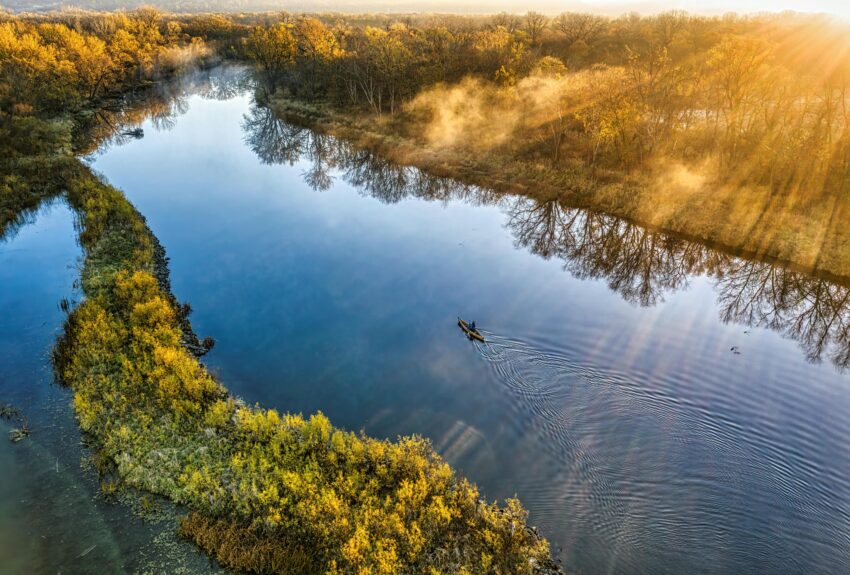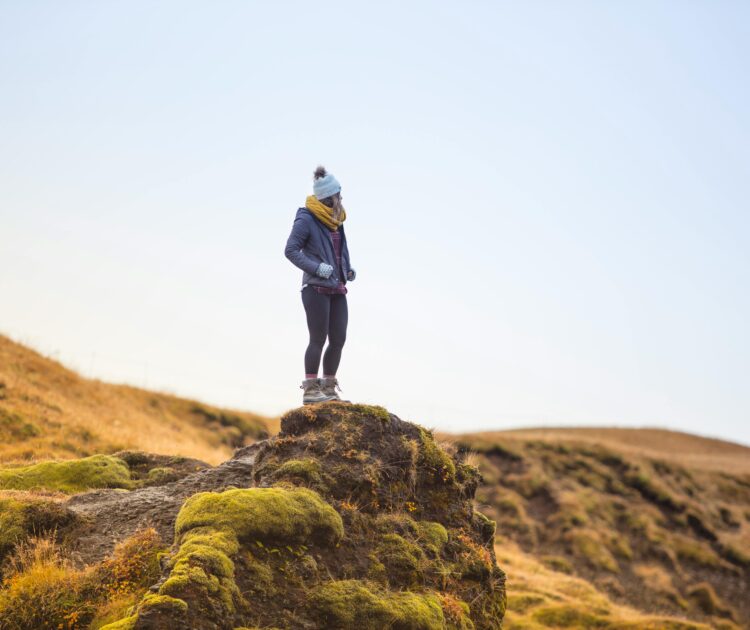Indigenous Peoples’ Day, celebrated on the second Monday of October, honors the rich cultures, contributions and histories of Native American communities. In recent years, this holiday has gained recognition as a day to reflect on the resilience of Indigenous peoples and to acknowledge the ongoing struggles they face. It serves as an alternative to Columbus Day, shifting the narrative to recognize the harm caused by colonialism while celebrating the diversity and strength of Indigenous cultures.
At Citizen Advocates, we’re proud to celebrate the vibrant Native cultures that enrich our communities. In Northern New York, Indigenous Peoples’ Day offers an opportunity to celebrate the contributions of the Akwesasne community while recognizing the challenges they continue to face in protecting their sovereignty and preserving their cultural heritage. Engaging with and learning from local Native communities fosters a stronger, more connected region.
The Shift from Columbus Day
For many, Columbus Day is a painful reminder of the violence and suffering brought to Native American communities through colonization. While Christopher Columbus is often credited with “discovering” America, his arrival marked the beginning of centuries of exploitation, displacement and the decimation of Indigenous populations through war and disease. Indigenous Peoples’ Day seeks to correct this narrative by highlighting the contributions of Native peoples and recognizing the atrocities they endured.
This shift reflects a growing acknowledgment of historical truths. By replacing Columbus Day, Indigenous Peoples’ Day emphasizes respect, justice and the recognition that Native American voices and stories are crucial to understanding American history.
Indigenous Contributions to Modern Society
Despite centuries of adversity, indigenous communities continue to thrive and adapt, offering valuable perspectives on sustainability, environmental stewardship and community well-being. Indigenous Peoples’ Day is a chance to celebrate this rich cultural legacy and recognize how Native traditions have shaped the world we live in today.
Honoring the cultures and contributions of Native communities fosters understanding and respect for their rich heritage. By acknowledging past injustices and supporting Indigenous voices, we all can take meaningful steps toward building a more inclusive and equitable future.
Land Acknowledgement
We would like to acknowledge the Indigenous land that we are on and honor our neighbors the Kanien’keha:ka “Mohawk” people. We would like to recognize that the reservations have been created to force many Indigenous people into one space and many children were forced to go to residential schools. We would also like to acknowledge many great contributions including the Haudenosaunee “People of the Longhouse” Confederacy, which has been the first and longest lasting participatory democracy, and lacrosse, which has served as a healing pastime for many indigenous communities.
Akwesasne, which translates to “Land Where the Partridge Drums,” is also known as Hogansburg or the St. Regis Mohawk Reservation. It is home to over 11,000 Mohawk people. The official language of the people is Kanien’keha “Mohawk.” We invite you to please take some time and learn a few basic greetings.
She:kon [Say-go]: Hello
O:nen [O-nen]: Goodbye
Nia:wen [Nya-when]: Thank you
Sken:nen [Ska-neh]: In peace
Contributions to this blog were provided by Michelle “Kawennake” Smoke, a Licensed Mental Health Counselor at Citizen Advocates’ Massena Outpatient Behavioral Health Clinic. Kawennake translates to “On the Words.”


 Previous Post
Previous Post


